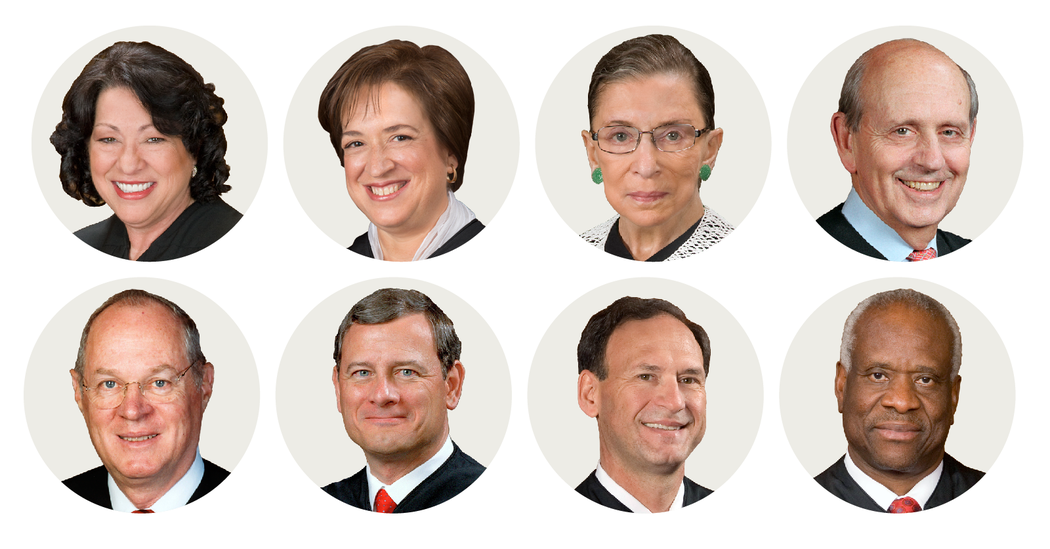BROWSE BY TOPIC
- Bad Brokers
- Compliance Concepts
- Investor Protection
- Investments - Unsuitable
- Investments - Strategies
- Investments - Private
- Features/Scandals
- Companies
- Technology/Internet
- Rules & Regulations
- Crimes
- Investments
- Bad Advisors
- Boiler Rooms
- Hirings/Transitions
- Terminations/Cost Cutting
- Regulators
- Wall Street News
- General News
- Donald Trump & Co.
- Lawsuits/Arbitrations
- Regulatory Sanctions
- Big Banks
- People
TRENDING TAGS
Stories of Interest
- Sarah ten Siethoff is New Associate Director of SEC Investment Management Rulemaking Office
- Catherine Keating Appointed CEO of BNY Mellon Wealth Management
- Credit Suisse to Pay $47Mn to Resolve DOJ Asia Probe
- SEC Chair Clayton Goes 'Hat in Hand' Before Congress on 2019 Budget Request
- SEC's Opening Remarks to the Elder Justice Coordinating Council
- Massachusetts Jury Convicts CA Attorney of Securities Fraud
- Deutsche Bank Says 3 Senior Investment Bankers to Leave Firm
- World’s Biggest Hedge Fund Reportedly ‘Bearish On Financial Assets’
- SEC Fines Constant Contact, Popular Email Marketer, for Overstating Subscriber Numbers
- SocGen Agrees to Pay $1.3 Billion to End Libya, Libor Probes
- Cryptocurrency Exchange Bitfinex Briefly Halts Trading After Cyber Attack
- SEC Names Valerie Szczepanik Senior Advisor for Digital Assets and Innovation
- SEC Modernizes Delivery of Fund Reports, Seeks Public Feedback on Improving Fund Disclosure
- NYSE Says SEC Plan to Limit Exchange Rebates Would Hurt Investors
- Deutsche Bank faces another challenge with Fed stress test
- Former JPMorgan Broker Files racial discrimination suit against company
- $3.3Mn Winning Bid for Lunch with Warren Buffett
- Julie Erhardt is SEC's New Acting Chief Risk Officer
- Chyhe Becker is SEC's New Acting Chief Economist, Acting Director of Economic and Risk Analysis Division
- Getting a Handle on Virtual Currencies - FINRA
ABOUT FINANCIALISH
We seek to provide information, insights and direction that may enable the Financial Community to effectively and efficiently operate in a regulatory risk-free environment by curating content from all over the web.
Stay Informed with the latest fanancialish news.
SUBSCRIBE FOR
NEWSLETTERS & ALERTS
Supreme Court Leans Toward Making Insider Trading Prosecutions Easier
U.S. Supreme Court justices hearing a closely watched insider trading case indicated on Wednesday they were likely to make it easier for prosecutors to pursue such charges against traders, but questioned where to draw the line. The appeal by Bassam Salman, an Illinois man convicted after making nearly $1.2 million trading on information that came from his brother-in-law, was the first insider trading case to come before the justices in 2 decades.
Several justices appeared skeptical about Salman's stance that he could not be convicted and later sentenced to 3 years in prison for trading on information about deals involving clients of Citigroup where the brother-in-law worked. Alexandra Shapiro, Salman's lawyer, contended prosecutors in insider trading cases must prove that an alleged source of corporate secrets, like the brother-in-law, received a tangible benefit like cash in exchange for any tips.
A majority of the justices appeared ready to uphold Salman's 2013 conviction on conspiracy and securities fraud charges, asking why someone providing inside information as a no-charge gift to a family member could not be found to have benefited. "You certainly benefit from giving to your family," Justice Anthony Kennedy said. "It ennobles you, and in a sense ... it helps you financially because you make them more secure." Justice Elena Kagan suggested that adopting the position advocated by Salman, 57, would overturn decades of legal principle that had helped protect the markets' integrity. "You're asking us essentially to change the rules in a way that threatens that integrity," Kagan said.





